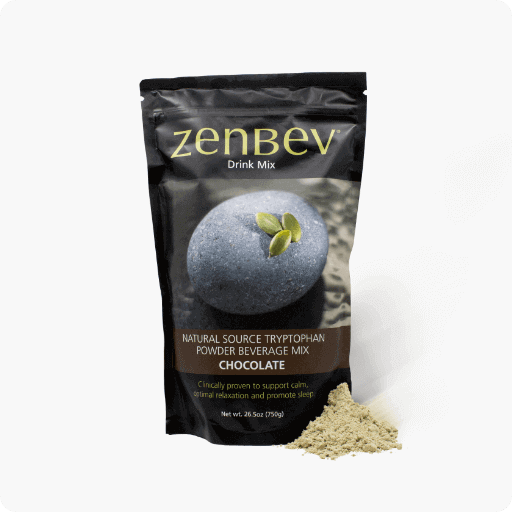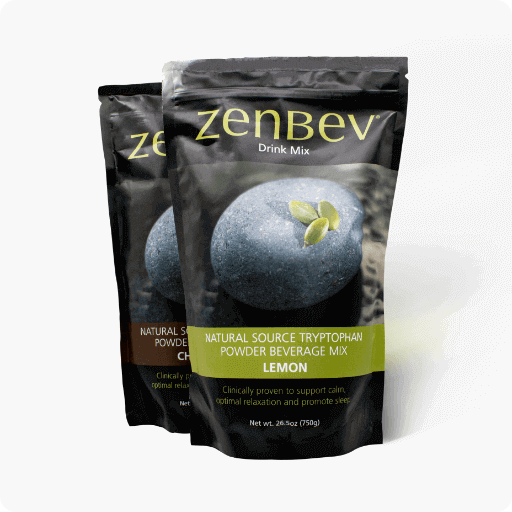Treatments for Menopause Related Sleep Loss

Are you suddenly awake multiple times in the night and never had a history of sleep disturbance? Are you a woman whose age is late thirties to early fifties? It may be perimenopause. Nocturnal restlessness and midnight awakenings are common experiences during menopause, but not for reasons that you might think. What, if anything, can be done about it?
How Hormonal Changes Affect Your Sleep Quality
Everyone has heard about hot flashes, the sudden experience of internally generated heat and perspiration. This can often be a significant contributory cause of sleep disturbance. There are other factors affecting quality sleep that are deeper than night sweats.
Aging ovaries cannot produce the same amounts of estrogen and progesterone. Reduced levels of estrogen and progesterone result in reduce levels of key sleep producing hormones such as serotonin, melatonin and growth hormone. Progesterone is, in itself, a sleep-inducing hormone and as levels decrease so does sleep quality but it is more complicated than that. The shifting of ratios of estrogen to progesterone can also disrupt natural brain processes that induce a proper sleep.
The Pros and Cons of HRT
Recently, scientists and medical practitioners -often female- are placing more focus on this area and pushing treatment options rather than a shrug of the shoulders. Hormonal Replacement Therapy [HRT] has been a medical solution to poor quality sleep associated with low estrogen levels (among other symptoms). There was early controversy over the use of HRT because of the reported increased risk of stroke, some forms of cancer and Alzheimer’s dementia. Most of these risks were identified by a 2002 study published in JAMA and the rollout was actually stopped early because of the identification of increased risks.
Researchers continued, however, to follow-up on thousands of women monitored in this study and found 18 years later that those taking HRT did not die any earlier than those that did not take HRT. A recent position paper from the North American Menopause Association recommends the use of HRT to women 60 and younger to treat symptoms but also protect from bone loss and related factors affected by estrogen loss. Women older than 60 are not able to benefit so much due to the potential increased risk of heart disease, stroke and dementia.
If HRT is recommended by your physician, you may find some relief from your insomnia, but you may also require extra vitamin B6 to act as a co-factor for the production of melatonin. If you choose not to take this route, be exceedingly cautious of sleeping pills when searching for solutions.
About 30% of menopausal and perimenopausal women use acupuncture, natural estrogen, plant estrogen, progesterone cream, or herbal supplements to treat hot flashes and other vasomotor symptoms, mood changes, sleep disturbance, fatigue, and vaginal dryness. Biosimilar hormone treatments have become increasingly popular as women seek more natural solutions to menopause symptoms. Caution is advised, however, as what sounds natural and normal should also be properly tested and regulated to ensure safety and efficacy.
Why Zenbev Helps You Sleep Better During Menopause
Natural source tryptophan, if it is able to be absorbed by the brain, is highly effective at inducing sleep in a time-released manner throughout the night and is successful in reducing the number and frequency of night time wakenings.
This is where Zenbev Drink Mix truly shines. Zenbev is natural, safe and approved. It helps maximize your own melatonin production which is exactly what you need when you are suddenly faced with a biologically natural deficit. Zenbev can be taken regularly with no ill effects and our clinical trials demonstrated that it does particularly well to reduce night time awakenings, the menopause sweet spot.





